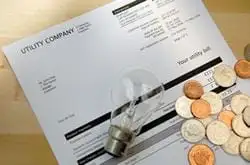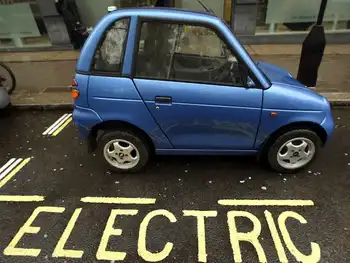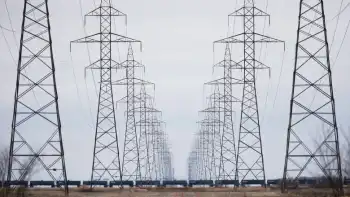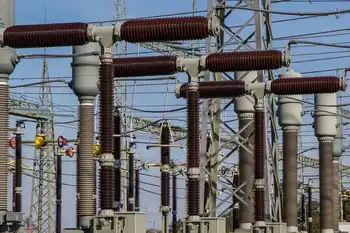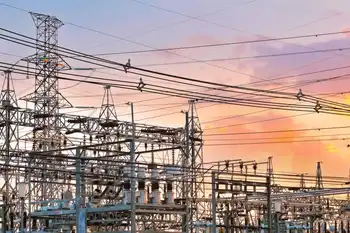Czechs seek to temper solar investment boom
By Reuters
Electrical Testing & Commissioning of Power Systems
Our customized live online or in‑person group training can be delivered to your staff at your location.

- Live Online
- 12 hours Instructor-led
- Group Training Available
Lawmakers are now gearing up to cut the country's generous solar incentives, which investors say is needed to cool off the boom that made the Czechs the third-largest builders of solar capacity behind Germany and Italy last year.
This year, new projects will dwarf those of last year before cuts in feed-in tariffs — which are currently up to 469 euros per megawatt hour — push some investors further south to sunnier places than the central European Czech Republic, such as Bulgaria, investors said.
The generous tariffs have, together with falling prices of solar panels, led to a spike in returns in parts of the sector to around 30 percent per year.
"The Czech Republic is overheated at the moment," Peter Richards of private equity firm 3TS Capital Partners, told a recent renewables conference in Prague.
"It is likely a race to connect to the grid in 2010. It was quite easy to be a developer in 2008 and 2009 but those days are gone because of government regulation and uncertainty."
Feed-in tariffs — prices utilities must pay to generators of renewable energy — will be the solar sector's lifeblood until grid parity, the point at which renewables cost the same as fossil fuel-based power, is reached.
Under current law, the regulator can cut the feed-in tariff by 5 percent annually for new plants, and has to guarantee that tariff for 20 years.
The lower house of parliament will cast a final vote on a proposal that would give regulators the freedom to make bigger cuts when investor returns hit a certain level, or another that would raise the limit on cuts for new projects to 25 percent every year.
"Right now, we have a market that is probably not functioning in a very rational way," said Michael White, managing partner at Prague-based Enercap, which invests in renewables in the region.
"You have a lot of people viewing the solar market as a way to lock in high yield without debt."
The country had registered photovoltaic plants with a combined capacity of 490 megawatts at the beginning of March, compared to 54 megawatts in January 2009, but industry officials have said the figure could rise to 1,000-2,000 megawatts this year.
Global solar stocks plunged in January when it emerged the government in Germany — the world's largest solar market — planned to make additional cuts to the tariffs, arguing the industry was overly subsidized and needed to become competitive faster.
Just recently, however, Germany's ruling coalition agreed to delay the cuts in solar power incentives by two months.
The Czech photovoltaic association has called for the reduction to be around 15 percent, warning that anything more could cripple the industry.
Enercap's White believes investors can still make money with a steeper cut.
The current rate in the Czech Republic is 12.25 crowns per kilowatt hour (0.481 euro). This compares to the recently reset German tariff of EUR 0.39/kWh.
"A 25 percent reduction in the Czech tariff would be at EUR 0.36/kWh, so still above the German tariff but with similar irradiation, should provide a return for investors which is deemed attractive as panel prices are still declining," he said.
Daniel Kunz, chief executive at solar company Energy 21, said the key for investors was for lawmakers to provide a visible regulatory landscape in which to operate.
Apart from the new legislation, Czech investments may be hampered by system operators who say the grid will become overburdened by the erratic output from solar plants and threatened to block new projects.
"Regulatory risk has increased in the past few months," Adam Schwartzman, an investment officer at the International Finance Corporation, the private sector lending arm of the World Bank told a recent conference. "We will see significant pushback over high tariffs in coming years."





